There’s never been a year we all wanted to put in the rearview mirror quicker than 2020, or a year we were more eager to get to than 2021. To a person, inside LOOMIS and out, everyone I’ve talked to is excited about what the new year will bring and the opportunity to start fresh after a long, tough, unprecedented year. Granted, there’s nothing magical about physically turning the calendar from December 31 to January 1. But this year, the opportunity we all have to mentally, professionally and spiritually reset is not only a gift, it’s a necessity.
Many of us still find ourselves separated from our offices and working primarily, or partially, from home. That’s not likely to change any time soon. Sure, we’ve gotten used to Zoom and for the most part, have worn the rough edges off meeting remotely and being apart. But we’re still missing our colleagues and the closeness of physically working together. The shared laughter. The collisions in the hallway. Voices bouncing off conference room walls.
Now, more than ever, we’re all feeling the need to reconnect. Whether that’s an easy or a difficult thing to do depends largely on the culture you’ve built. Maybe it’s the book we just wrote on the subject or the focus we’ve always given to the environment we work in, but I’m convinced the companies and brands that emerge from 2020 with the greatest chances for success will be the ones that focus on their company culture first – not in neglect of clients and customers, but in service to them.
As we move into the new year, I’m curious about the plans you have for the coming 12 months. What are you prepared to focus on to make this year of recovery one for the record books? Do you have a plan? Have you talked to your staff? Or, like many, are you idling with a wait-and-see mentality before committing to one direction or the other?
This week of the year is notorious for New Year’s resolutions and, if history is any teacher, most won’t make it to February. This year, I’d like to invite you to join us in trading empty resolutions for a commitment to culture. A commitment to building the kind of company that’s a beacon to talented people looking for a place to make a difference. A commitment to building a company that will still be here 100 years from now.
Lofty goals? Absolutely. But if you spend the next year focusing on the following seven elements for building a transcendent culture, I firmly believe you’ll be astounded at the effect it has on your staff, your clients, and even your new business efforts.







